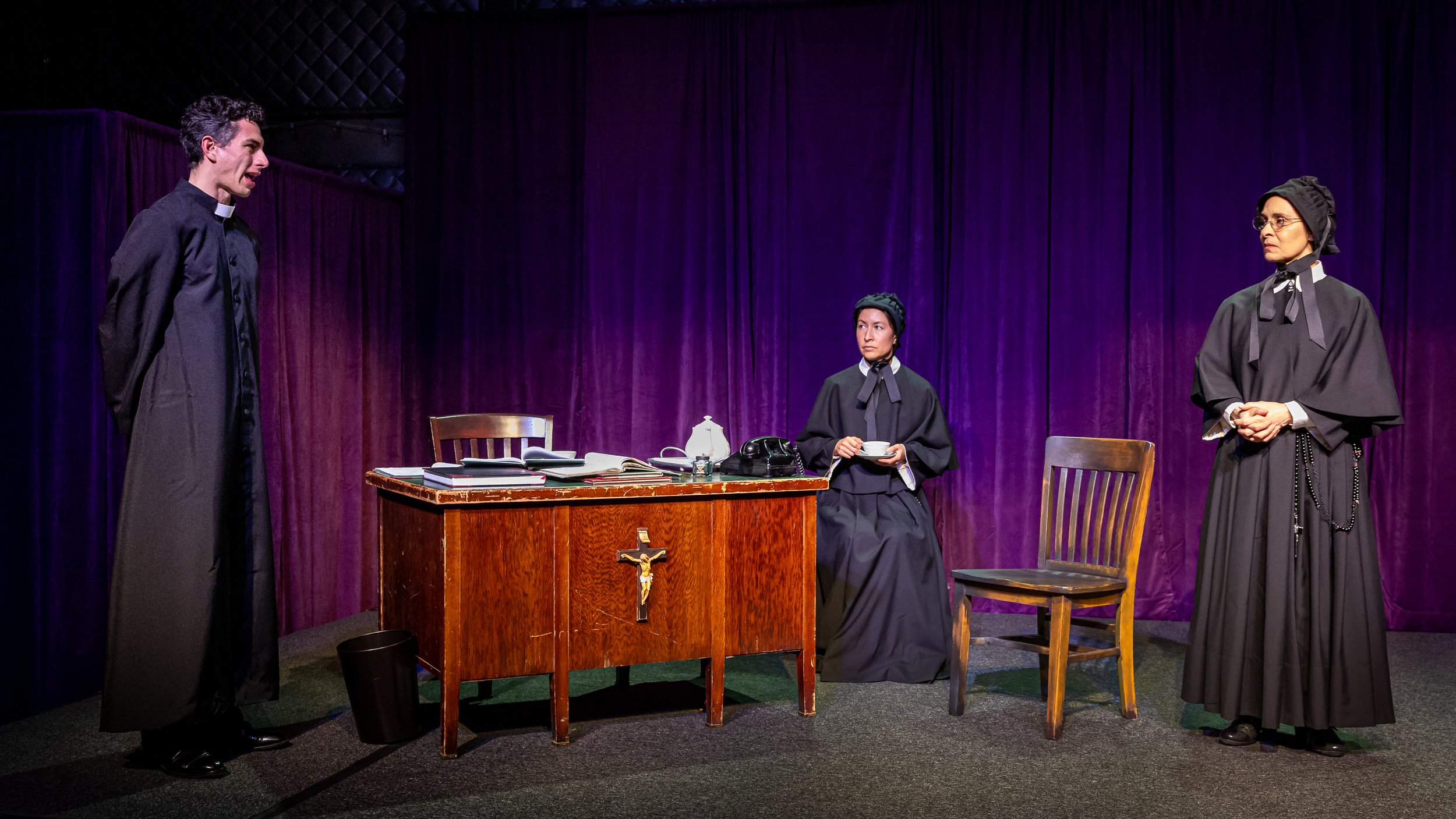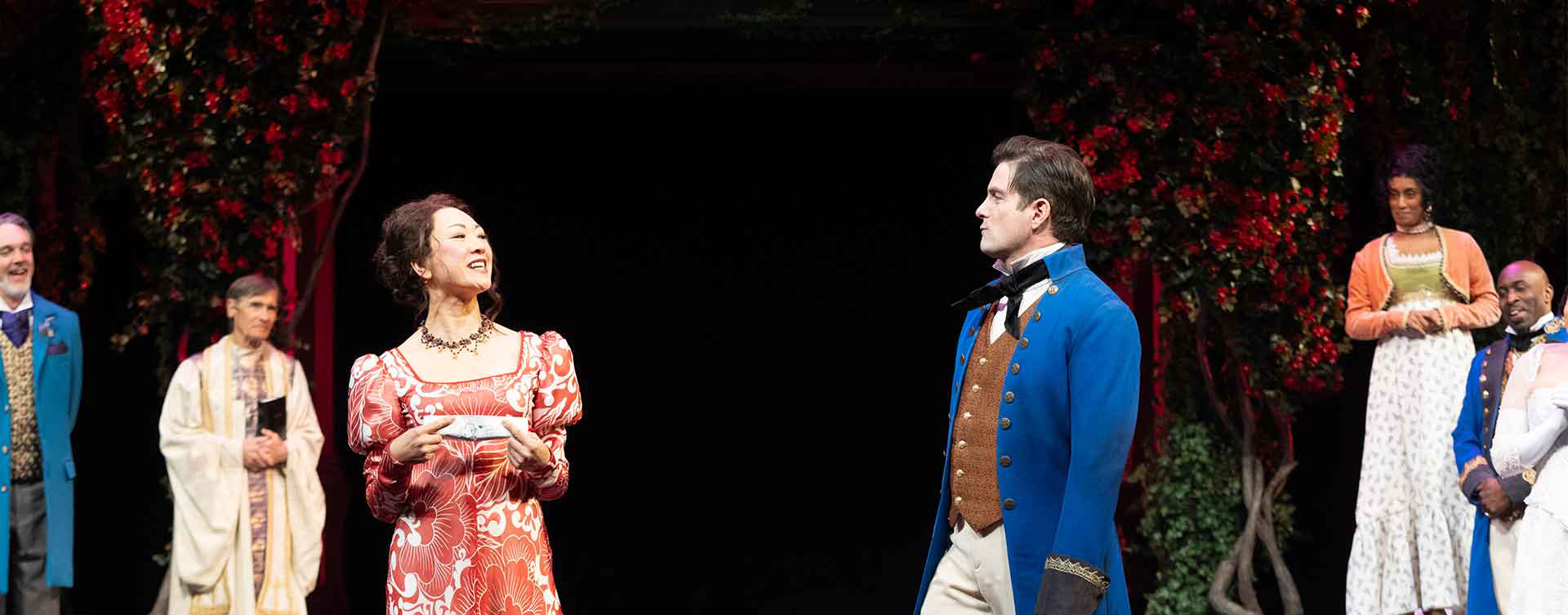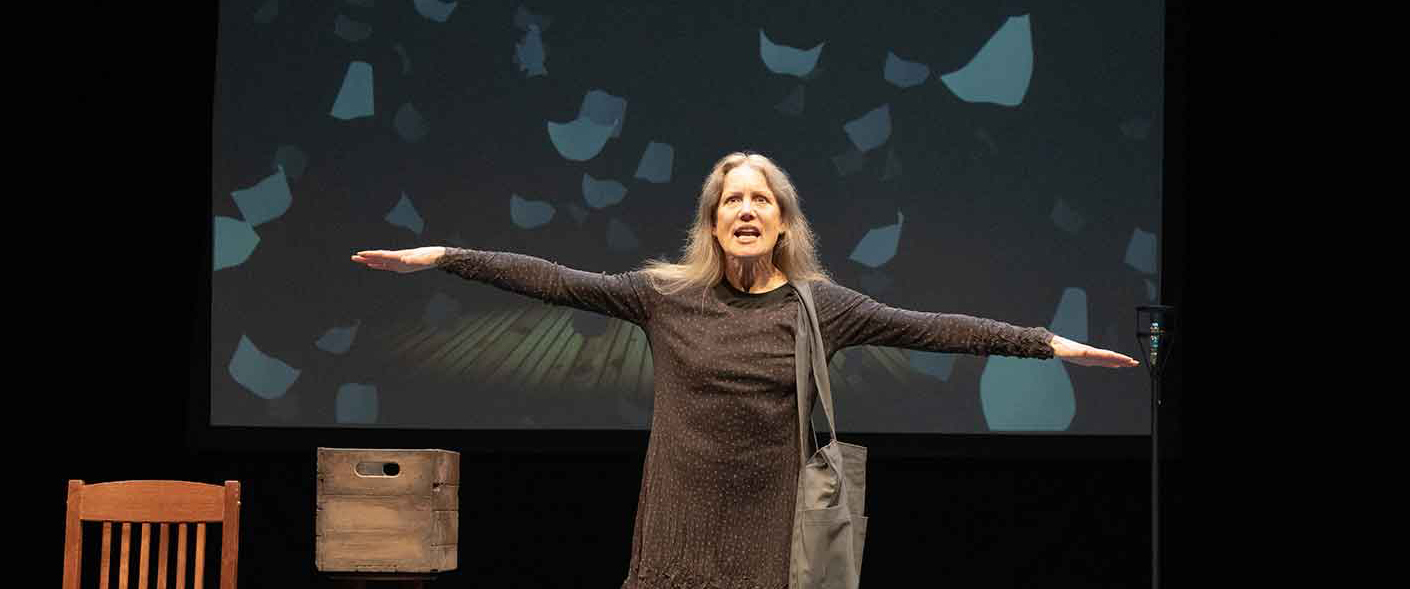“Doubt” at the Rogue Theater Company
Strong, flawless acting delivers an extraordinary, complicatedly written, compelling, impossble to answer question about the goodness of the play's characters. The only thing you realize for certain is that you will never know for sure who the good person/people is/are! 5 Stars out of 5!








